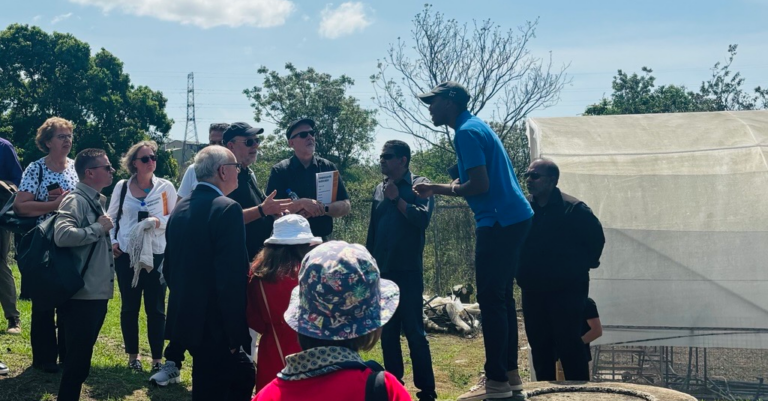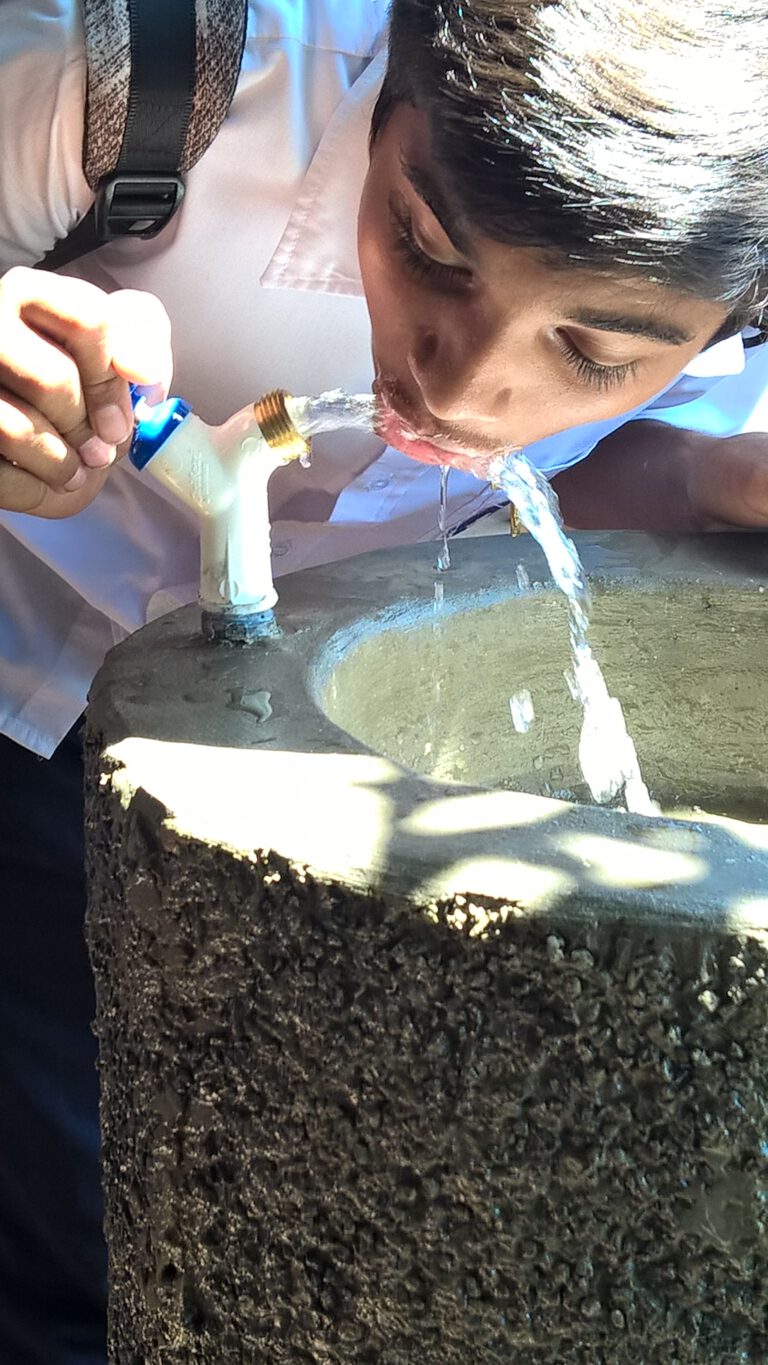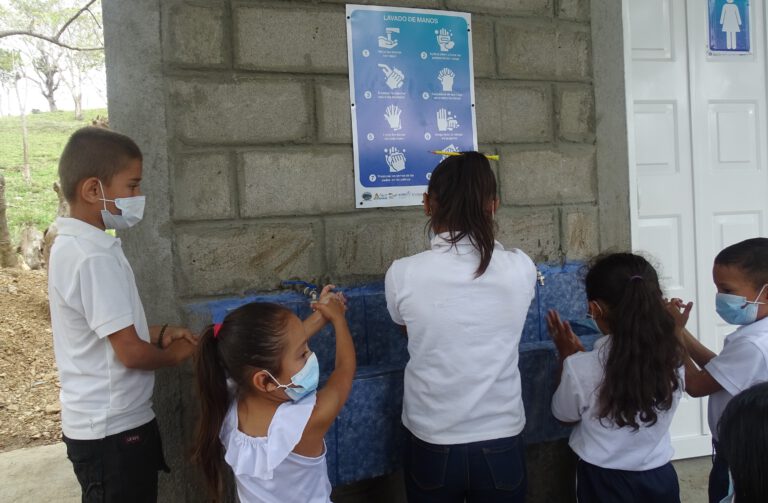Paving the Way for Healthier Communities Through Faecal Sludge Management (FSM)
In the quest to achieve global sanitation, Faecal Sludge Management (FSM) emerges as a critical, yet often overlooked, component. This vital process involves the safe collection, treatment, and disposal or reuse of faecal sludge, which accumulates in onsite sanitation systems like septic tanks and pit latrines. With a significant portion of the global population relying on these systems, especially in developing countries, the need for effective FSM is more pressing than ever.
The Urgent Need for FSM
FSM stands at the forefront of public health and environmental conservation. Inadequately managed faecal sludge poses severe risks, including waterborne diseases, environmental pollution, and compromised public health. The challenge is even more pronounced in urban areas of developing countries, where rapid urbanization outpaces the development of sanitation infrastructure.
Overcoming Challenges in FSM
The path to effective FSM is fraught with challenges, including logistical hurdles, financial constraints, and a lack of public awareness. Moreover, the absence of regulatory frameworks and insufficient technical expertise hinder the implementation of FSM solutions. Despite these obstacles, there’s a growing momentum among communities, governments, and international organizations to prioritize FSM.
Innovative Approaches to FSM
Innovation is key to advancing FSM. Emerging technologies and community-led approaches are paving the way for sustainable and scalable solutions. These include mobile applications for tracking and managing sludge collection services, decentralized treatment facilities that serve urban slums, and initiatives that convert treated sludge into agricultural fertilizers, contributing to a circular economy.
BORDA’s Role in Revolutionizing FSM
The German NGO BORDA is at the helm of transformative FSM projects worldwide. Through collaboration with local partners, BORDA develops context-specific strategies that address the entire sanitation service chain. By focusing on capacity building, technological innovation, and advocacy, BORDA’s work exemplifies the potential for FSM to improve health outcomes, protect the environment, and foster socio-economic development.
A Call to Action for Global Sanitation
The journey towards universal sanitation access is a collective endeavor that requires global solidarity. Supporting FSM initiatives, whether through policy-making, investment, or community engagement, is a step towards building resilient, healthy, and dignified communities. As we continue to confront sanitation challenges, the lessons learned from FSM offer a blueprint for sustainable development, underscoring the need for integrated, people-centered approaches to sanitation.




